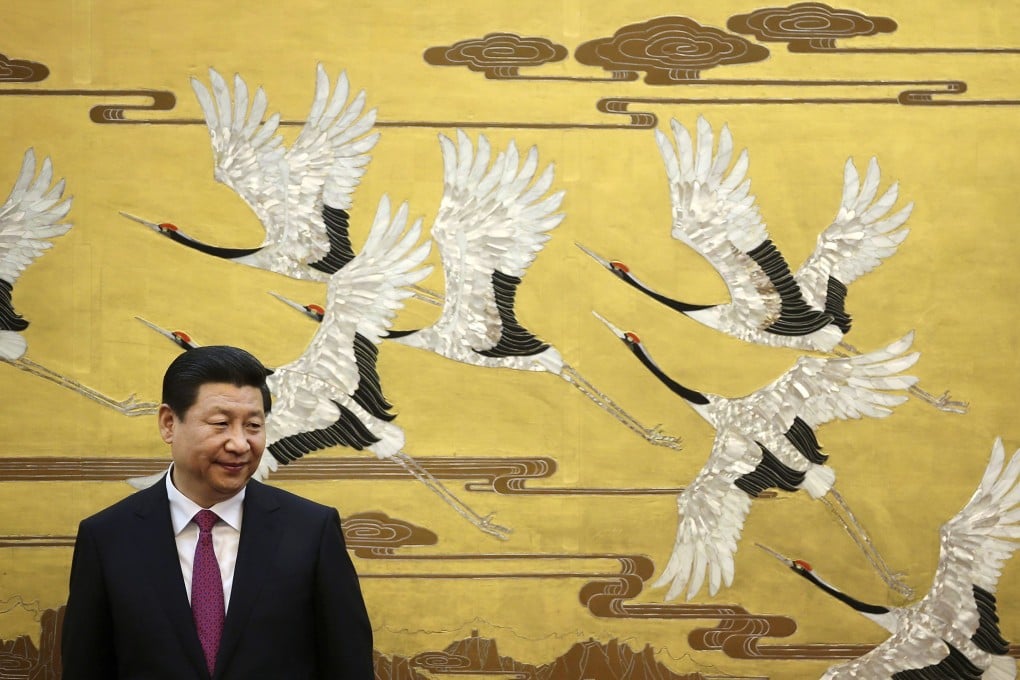Xi Jinping has much to learn from Deng's example of winning over allies
Minxin Pei says creation of a pro-reform coalition must follow graft purge

In the boldest move yet since President Xi Jinping launched his anti-corruption campaign, China has announced the start of a formal investigation into "serious disciplinary violations" by one of the Chinese Communist Party's most senior figures, Zhou Yongkang. A "mega-tiger" has been brought down. But is that what China really needs?
Since 2012, when Xi began "hunting tigers", three dozen ministers and other high-level officials have fallen into his net. But Zhou is no ordinary tiger. A former member of the Politburo Standing Committee, Zhou was considered untouchable.
Other members have been purged in power struggles. But the defeated have typically retired quietly.
The prosecution of Zhou is a watershed event. It unambiguously demonstrates Xi's personal authority and political resolve. But the question remains: what exactly does Xi hope to achieve with China's most fearsome anti-corruption campaign in more than three decades?
The conventional wisdom is that the threat of prosecution serves Xi's goals of consolidating power and compelling the bureaucracy to implement economic reforms that run counter to its interests. The two prongs of Xi's political strategy - cleansing the party and reinvigorating China's economy - are thus complementary.
This strategy has considerable merit. But even the Machiavellian dictum that a ruler should encourage his citizens' fear rather than their love can go only so far. The most successful political leaders are skilled coalition-builders.
Consider Deng Xiaoping , China's most successful reformer. The grand coalition that he forged upon his return to power in 1979 was essential to bringing about the economic transformation that followed.